Immunology

Immunology is the study of the immune system that includes a complex network of cells such as T cells, B cells, and macrophages and organs like the spleen and lymph nodes. Each cell and organ is characterized by the presence of a specific marker. OriGene offers a range of tools to characterize these markers including validated cDNA clones, purified recombinant proteins, recombinant antibodies and more.
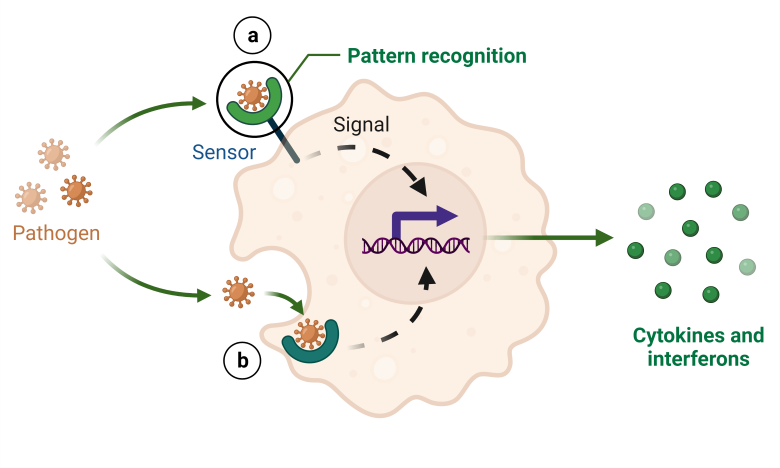
Innate immunity
Innate immune response is a multi-step process that includes the detection of pathogens by pattern recognition receptors (PRRs) and activation of innate immune response involving the production of cytokines and chemokines that recruit and activate the immune cells, such as phagocytes and natural killer (NK) cells, to the site of infection.
Key markers (view all)
CD64 ARG1 MSR1 TLR NLR RIG-1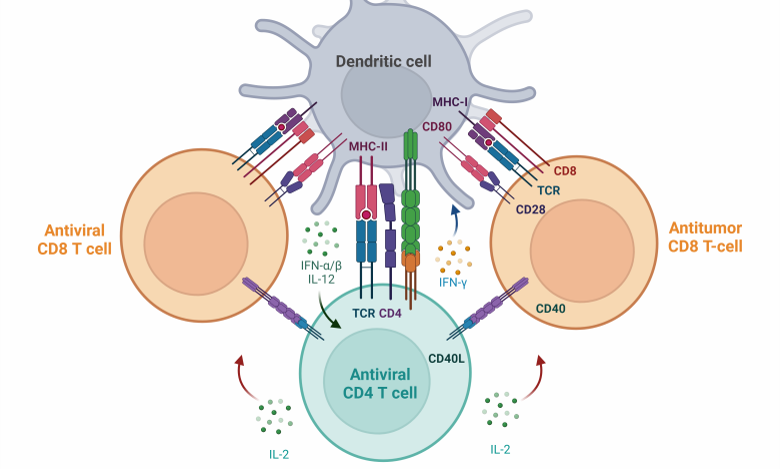
Adaptive immunity
Adaptive immunity is a highly specific and tailored response to an invading pathogen. The status of adaptive immune response can be assessed by testing for the presence of pathogen specific antibodies, memory T cells, cytokines, and T cell receptor (TCR) diversity.
Key markers (view all)
CD3 CD4 CD19 CD20 CD21 CD80 PD-1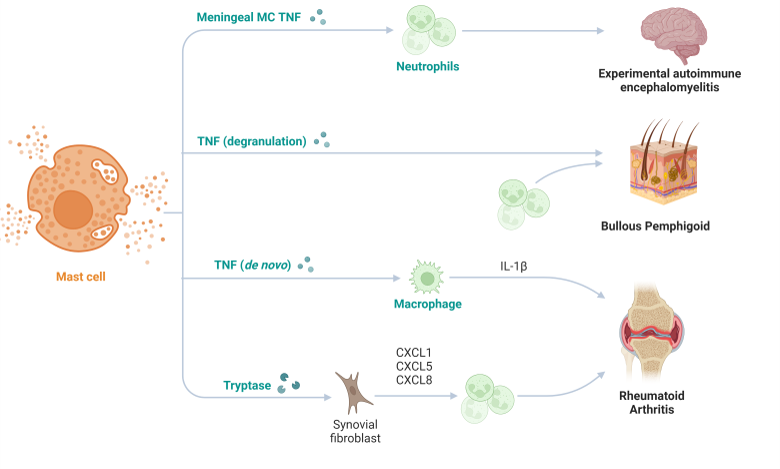
Autoimmunity
Autoimmunity is a result of our immune system?s failure to distinguish between self- and non-self leading to a condition where the immune systems attacks and damages the body?s own tissues and organs. The key biomarkers for monitoring autoimmunity include detection of autoantibodies (disease specific), CRP levels, and complement levels.
Key markers (view all)
CRP TNF-A CCP
Allergies
Allergic diseases are immune system disorders that occur when the body's immune system becomes hypersensitive to certain substances, allergens. Allergens trigger the release of chemicals called histamines in the body, leading to various symptoms. Different types of allergic diseases include hay fever, asthma, eczema, and conjunctivitis. Treatment of allergic diseases may include medication to immunotherapy to desensitize the body.
Key markers (view all)
TYRO3 Periostin Galectin-3 TSLP IL4 IL5RA IL9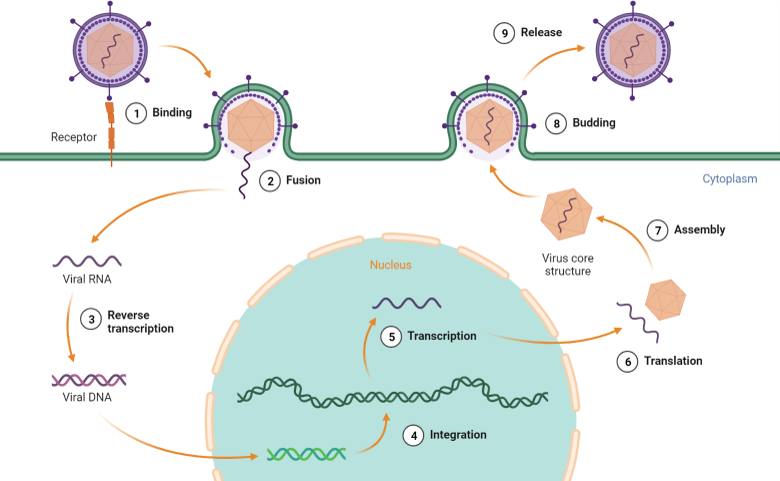
Infectious diseases
Infectious diseases are illnesses caused by pathogens such as bacteria, viruses, fungi, and parasites. When immunity is impaired, uncontrolled infection leads to disease. Some infections, such as the flu or the common cold, are caused by viruses that can reproduce and spread quickly within the body. Other infections, such as tuberculosis or HIV/AIDS, can persist in the body for long periods and require more sustained immune responses to control.
Key markers (view all)
ACE2 TMPRSS2 N protein S protein CRP MLKL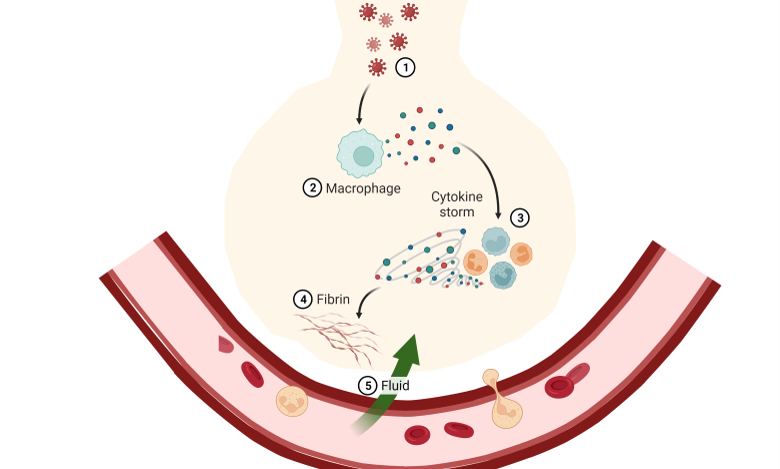
Cytokines
Cytokines are small proteins produced and released by cells in the immune system. They are involved in cell signaling and play a crucial role in the immune response. Cytokines can act on the cells that produce them (autocrine action), on nearby cells (paracrine action), or cells in other parts of the body (endocrine action). Cytokines play a vital role in the immune response and can have beneficial and detrimental effects on the body. Dysregulation of cytokine production can lead to autoimmune disorders and inflammatory diseases.






























































































































































































































































 Germany
Germany
 Japan
Japan
 United Kingdom
United Kingdom
 China
China